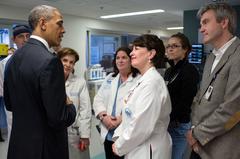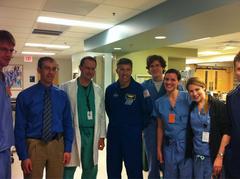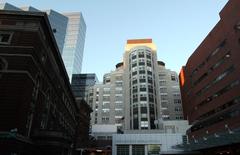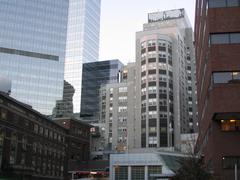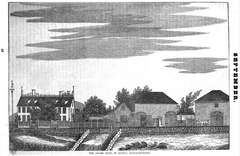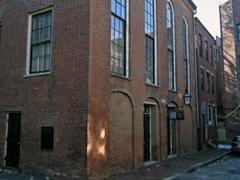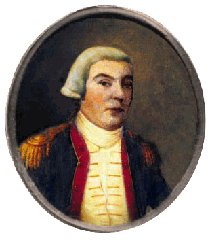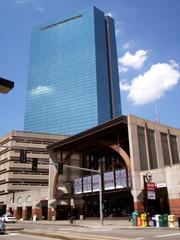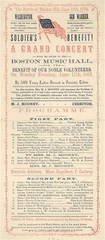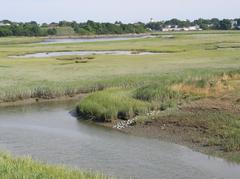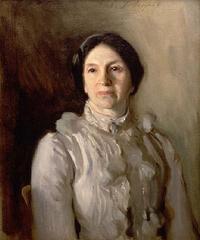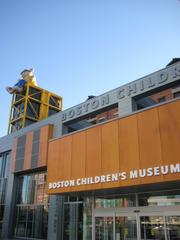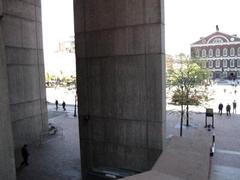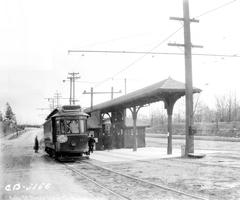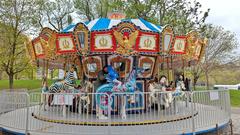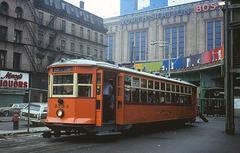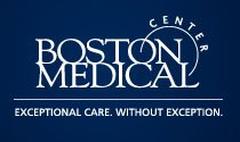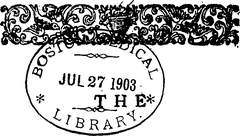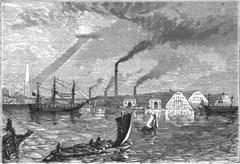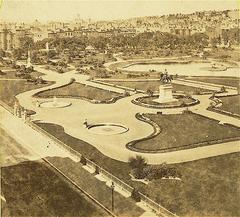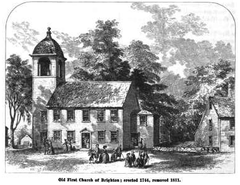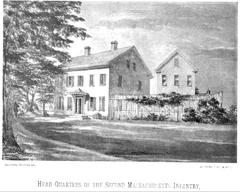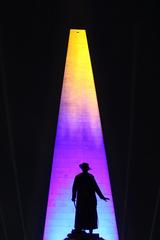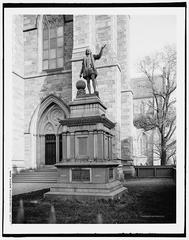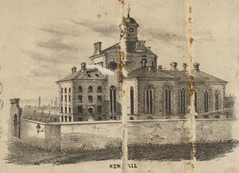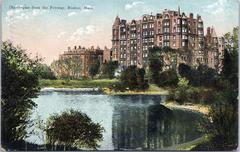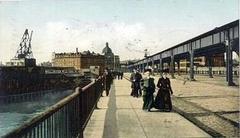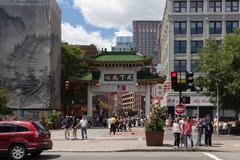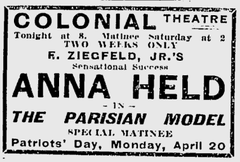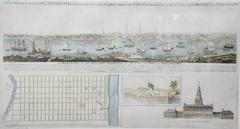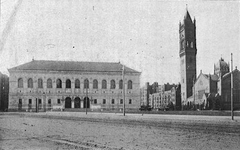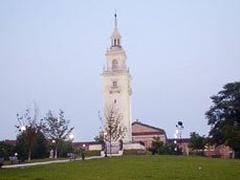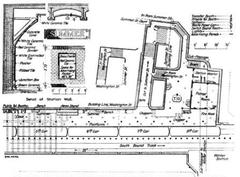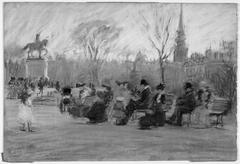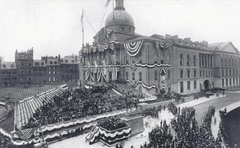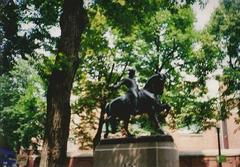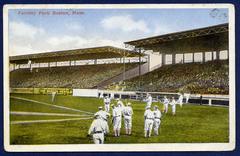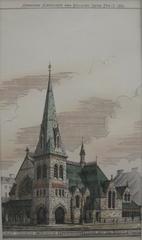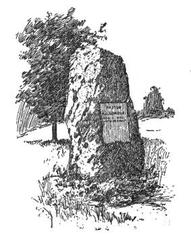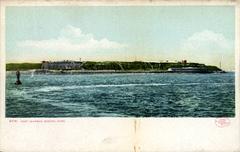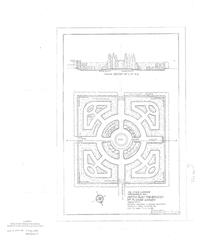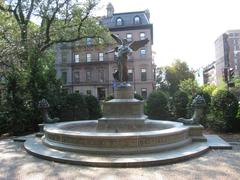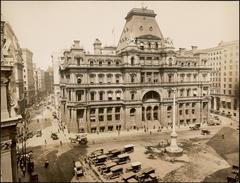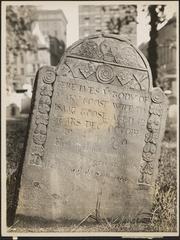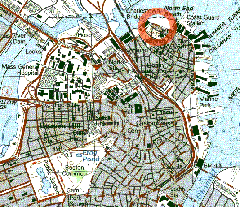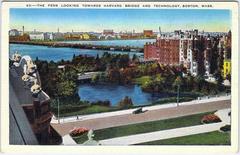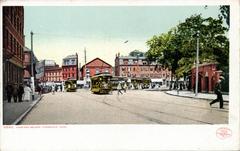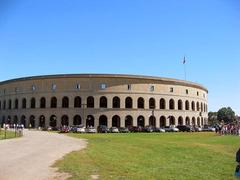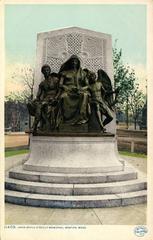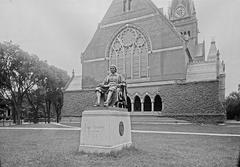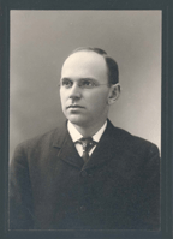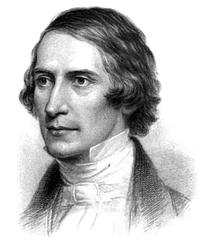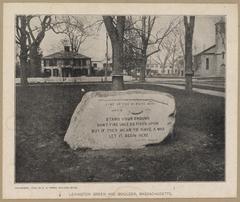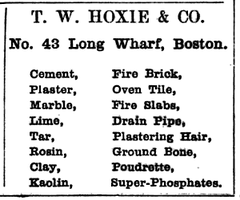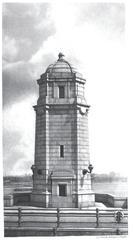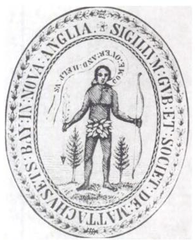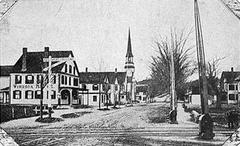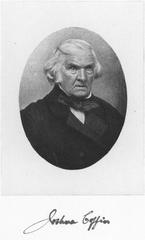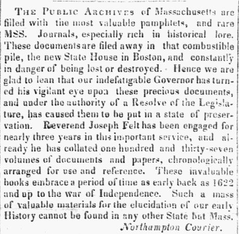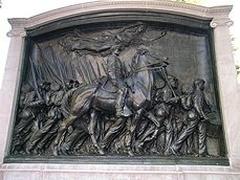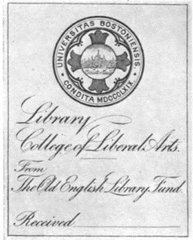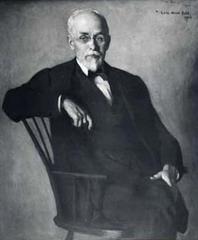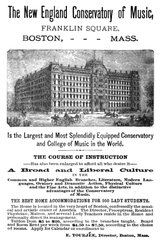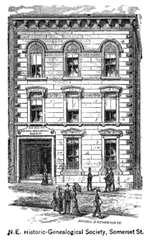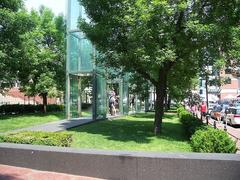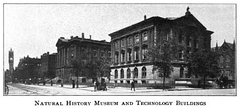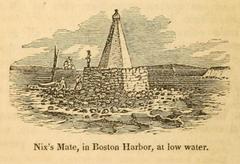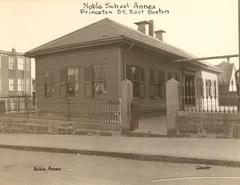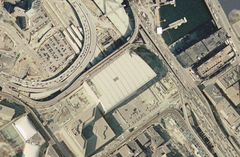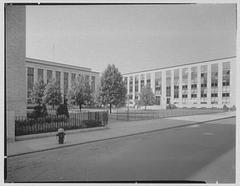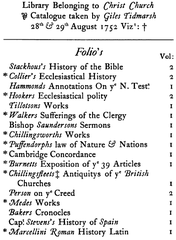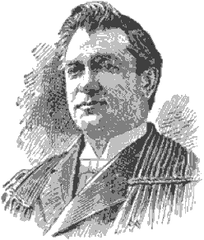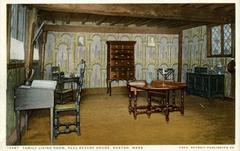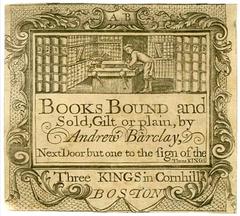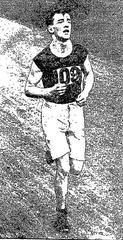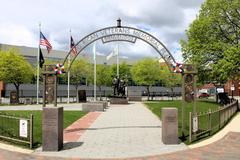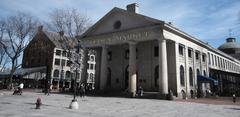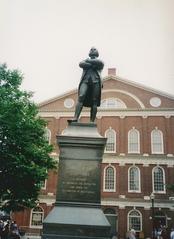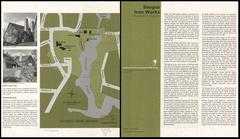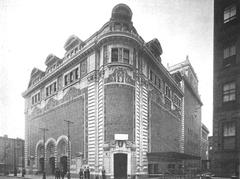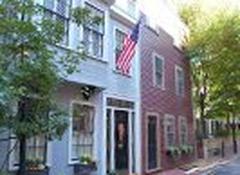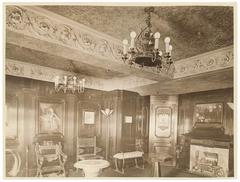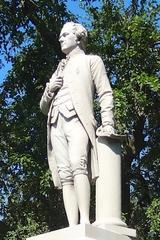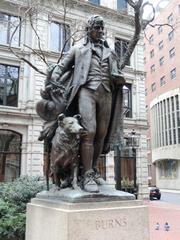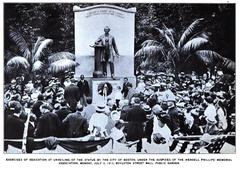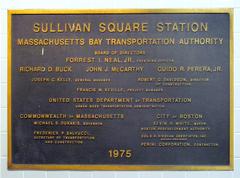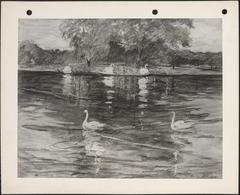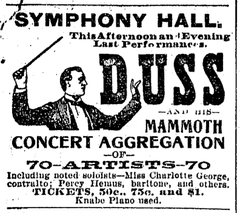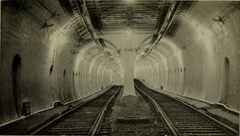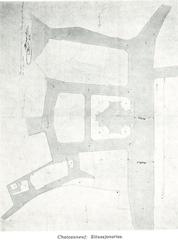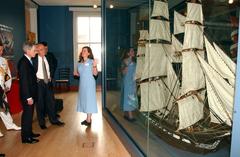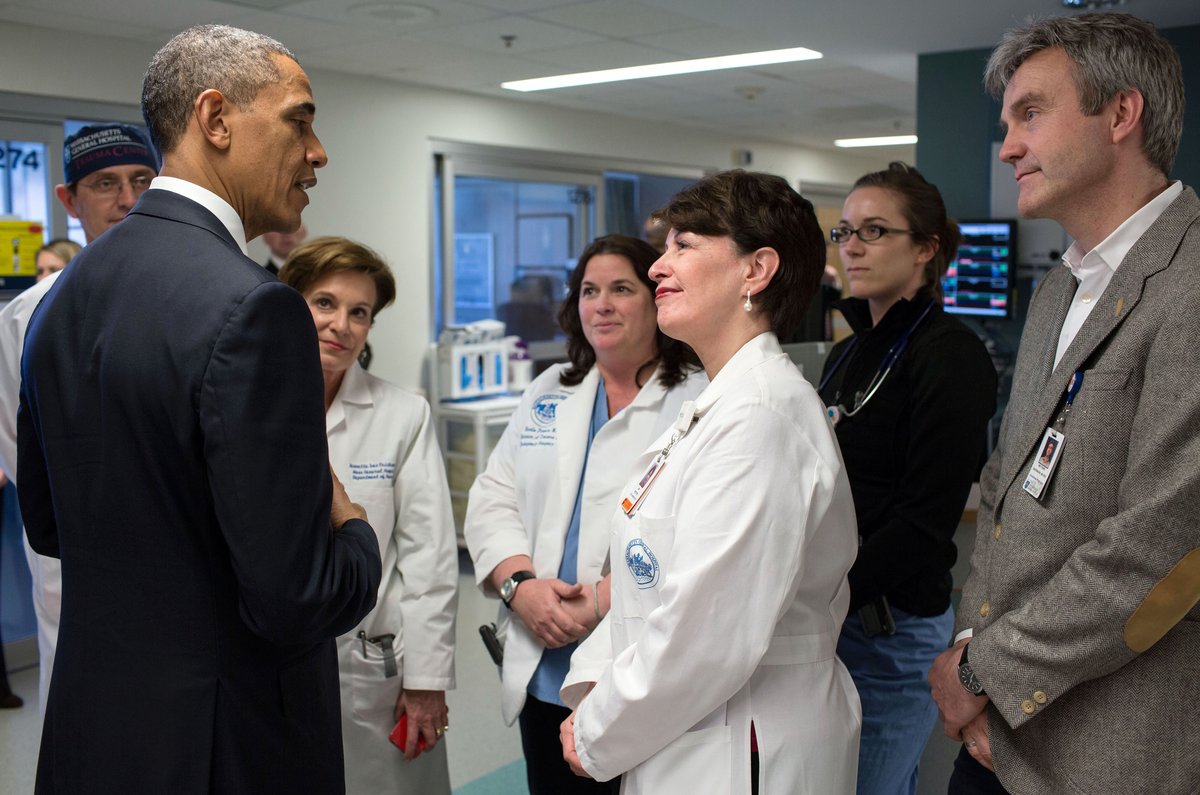
Massachusetts General Hospital Visiting Hours, Tickets, and Boston Historical Sites Guide
Date: 14/06/2025
Introduction to Massachusetts General Hospital and Its Significance
Massachusetts General Hospital (MGH) is a landmark institution in Boston’s West End, renowned for its dual legacy of medical innovation and social progress. Established in the early 19th century, MGH was founded to provide compassionate care and advance medical education in partnership with Harvard Medical School. Over two centuries, MGH has been at the forefront of pivotal breakthroughs—including the first successful public demonstration of surgical anesthesia in the Ether Dome in 1846—forever transforming modern medicine. Today, visitors can explore this rich heritage across preserved sites such as the Bulfinch Building, the iconic Ether Dome, and the Paul S. Russell, MD Museum of Medical History and Innovation. These venues collectively narrate the evolution of medical science and underscore the hospital’s enduring commitment to healthcare, research, and community service.
This guide offers essential information for planning a visit to MGH, including up-to-date details on visiting hours, admission policies, accessibility, and tips for navigating the hospital’s historic spaces. Whether you are a history enthusiast, medical professional, student, or traveler, MGH provides a compelling array of exhibits, tours, and programs that illuminate its central role in both local and global medical progress. The guide also highlights travel advice, public transportation access, and recommendations for nearby Boston historical attractions, making a visit to MGH the gateway to a broader exploration of the city’s storied past.
With free or low-cost admission to most historical areas and a strong commitment to accessibility, MGH welcomes all who wish to discover the stories behind its landmark achievements. This guide aims to help you make the most of your visit—whether you seek inspiration from the Ether Dome, insights from the Russell Museum, or a deeper understanding of Boston’s cultural and scientific heritage.
(The West End Museum, MGH Library, Russell Museum)
Table of Contents
- Introduction
- Historical Overview
- Visiting Massachusetts General Hospital: Hours, Tickets, and Accessibility
- Nearby Attractions and Unique Features
- Visual Gallery
- Frequently Asked Questions (FAQ)
- Conclusion & Call to Action
Historical Overview
Founding and Early Development (1810–1821)
The vision for Massachusetts General Hospital originated with Rev. John Bartlett, whose campaign united Boston’s civic and medical leaders in the early 1800s. In 1810, Dr. John Collins Warren and Dr. James Jackson, both Harvard Medical School professors, published an influential appeal for a teaching hospital in New England. They argued that local students needed hands-on clinical training, as the closest general hospitals were in New York and Pennsylvania (The West End Museum).
Chartered in 1811 by the Massachusetts legislature, the hospital’s establishment was delayed by the War of 1812 but gained momentum through a robust fundraising campaign. In 1817, trustees acquired land in Boston’s West End and commissioned architect Charles Bulfinch. The Bulfinch Building’s cornerstone was laid in 1818, and the hospital officially opened in 1821, admitting its first patient on September 3 of that year (The West End Museum).
Architectural and Institutional Significance
The Bulfinch Building, designed by America’s first professional architect, Charles Bulfinch, remains a central campus feature and a symbol of public health ideals. Its architecture reflected a new era of hospital care—serving all citizens, not just the poor or marginalized. MGH quickly became the main teaching hospital for Harvard Medical School, cementing a partnership crucial to the advancement of American medicine (The West End Museum).
Pioneering Medical Milestones
The Ether Dome and Surgical Anesthesia
On October 16, 1846, Dr. John Collins Warren performed the world’s first successful public demonstration of surgical anesthesia in MGH’s Ether Dome. This event, witnessed by physicians and medical students, marked a turning point in surgery by enabling pain-free operations (MGH Library). The Ether Dome was designated a National Historic Landmark in 1965 and remains a site of pilgrimage for those interested in medical history.
19th and Early 20th Century Innovations
MGH’s history is marked by numerous “firsts”:
- 1837: First North American book on tumors by Dr. John Collins Warren.
- 1841: America’s first general hospital library.
- 1847: First U.S. professorship in pathology.
- 1870: First dedicated dermatology ward and professorship.
- 1886: Coining of the term “appendicitis.”
- 1888: America’s first aseptic operating room.
- 1896: First X-ray exposure in a U.S. hospital (MGH Library).
Social and Nursing Innovations
MGH pioneered social medicine and nursing:
- 1900: Founding of the American Journal of Nursing by MGH-trained nurses.
- 1905: First hospital-based Social Service department in the U.S.
- 1913: First systematic hospital work in industrial disease (MGH Library).
MGH on the Front Lines: Wartime Contributions
MGH played key roles during key conflicts:
- Civil War: Free care for soldiers and advanced surgical training (Russell Museum).
- Spanish-American War: Medical care for Massachusetts volunteers.
- World Wars: Deployment of medical units, development of triage, and use of the Harvard cyclotron for cancer treatment.
- Vietnam War: Advances in blood storage and transport.
- Post-9/11: Home Base Program for veterans with PTSD and traumatic brain injuries (Russell Museum).
Advances in Research, Technology, and Patient Care
MGH has consistently led in research and innovation:
- Surgical interventions for herniated discs (1934)
- Endocrinology breakthroughs (Albright Syndrome, 1937)
- Triage techniques for disasters (1941)
- Development of synthetic human skin (1981)
- Hip replacement innovations (2007)
- Microchip-based cancer diagnostics (2007–2008)
- Establishment of the first hospital-based Disparities Solutions Center (2005) (MGH Library)
Visiting Massachusetts General Hospital: Hours, Tickets, and Accessibility
Visiting Hours
MGH’s historical sites, including the Ether Dome, are open Monday through Friday, 9:00 AM–4:00 PM. Hours may vary for holidays and special events; always check the official website before your visit.
Tickets and Admission
Admission to the Ether Dome and historical exhibits is free. Guided tours and special events may require advance reservations or tickets. For group tours, educational programs, or special events, contact the hospital’s visitor services or check the Russell Museum website.
Accessibility
MGH ensures accessibility for all guests:
- Wheelchair access to historical sites and museum spaces
- Assistive services available upon request
- Accessible restrooms and entrances For specific needs, consult visitor services.
Travel Tips
- Location: 55 Fruit Street, Boston, MA
- Public Transit: MBTA Red Line (Charles/MGH Station), Green Line (Science Park), and various bus routes
- Parking: Limited on-campus; use nearby public garages or metered street parking
- Security: Be prepared for screening at entrances
Nearby Attractions and Unique Features
After exploring MGH, visit nearby landmarks:
- Boston Common
- Massachusetts State House
- Charles River Esplanade
- Paul Revere House and North End
- Beacon Hill and Freedom Trail
MGH also offers year-round special events, lectures, and guided tours. Visit the Russell Museum events page for details.
Visual Gallery
Alt tags feature keywords such as “Massachusetts General Hospital visiting hours,” “Mass General Hospital tickets,” and “Boston historical sites” for SEO optimization.
Frequently Asked Questions (FAQ)
Q: What are the visiting hours for MGH’s historical exhibits?
A: Monday–Friday, 9:00 AM–4:00 PM (verify online before visiting).
Q: Is there an admission fee to visit MGH’s historical sites?
A: No, most areas—including the Ether Dome—are free. Some tours or events may require reservations or tickets.
Q: Are guided tours available?
A: Yes, guided tours are offered by appointment and during select events. Reserve in advance.
Q: Is MGH accessible by public transportation?
A: Yes, via MBTA Red and Green Lines and several bus routes.
Q: Is the hospital wheelchair accessible?
A: Yes, with accessible entrances, restrooms, and support services.
Q: Are photographs allowed in the Ether Dome?
A: Yes, photography is permitted, though flash and tripods may be restricted.
Visiting the Paul S. Russell, MD Museum of Medical History and Innovation
Overview & Mission
The Paul S. Russell, MD Museum of Medical History and Innovation is the only freestanding hospital museum in the U.S., showcasing the evolution of medicine and MGH’s contributions through interactive exhibits, artifacts, and rotating displays (ArchDaily). The museum’s mission is to educate and inspire visitors of all backgrounds.
Notable Exhibits
- Iron Lung: A relic of polio-era medicine
- Laparoscopy Trainer and Cell Sorter: Demonstrating advances in surgery and diagnostics
- Ether Dome Painting & Artifacts: Commemorating the first public use of anesthesia
- Military Medicine: Chronicling wartime care and innovation
- JFK’s 150th Anniversary Message: Celebrating MGH’s national legacy (Exhibits & Artifacts)
Archives & Research
The museum’s archives, containing 2,000+ artifacts and extensive documentation, support scholarly and personal research (Sharing Our History). Access is available by inquiry or appointment.
Educational Programming
- Public Lectures: Monthly talks by medical experts
- Medical Simulation Sessions: Hands-on learning (currently paused)
- School & Group Visits: Tailored experiences for educational groups (Russell Museum Visit)
Location and Hours
- Address: 2 North Grove Street, Boston, MA 02114
- Hours: Tuesday–Friday, 10 am–2 pm (year-round); Saturday, 11 am–4 pm (April–October)
- Admission: Free; no tickets required
Access and Amenities
- Public Transit: Short walk from Charles/MGH Station (MBTA Red Line)
- Parking: Use public garages or street parking; no validation
- Dining: Cafeterias in the hospital, plus local restaurants nearby
- Accessibility: Fully wheelchair accessible
Visitor Experience
- Primarily self-guided; docents may be available
- Group reservations recommended for parties of 10+
- Explore virtual tours and online exhibits
The Paul Revere Monument: A Nearby Boston Historical Site
Located in Boston’s North End near the Old North Church, the Paul Revere Monument honors the patriot’s 1775 midnight ride. Outdoor viewing is free and available year-round, while guided tours and museum entry require tickets. The area is accessible by MBTA (Haymarket Station) and features accessible facilities, nearby dining, and family-friendly programming.
Summary and Travel Advice
Massachusetts General Hospital is both a world-renowned medical center and a living museum of medical progress. Its historic Bulfinch Building, the pioneering Ether Dome, and the Paul S. Russell, MD Museum offer visitors free access to interactive exhibits, archival treasures, and engaging educational programs. Accessibility initiatives and central location make it an ideal stop on any Boston itinerary, while nearby attractions like Boston Common, the North End, and Beacon Hill round out a comprehensive historical experience.
For the latest on visiting hours, tours, and special events, refer to official resources or download the Audiala app for guided audio tours. Discover the birthplace of modern anesthesia and explore the ongoing story of medical innovation at MGH. (Mass General Brigham, Russell Museum, MGH Library)
References and Further Reading
- The West End Museum: The Many Founders of Mass General Hospital
- MGH Library: MGH History and Firsts
- Russell Museum: Mass General on the Front Lines
- Mass General Brigham: Advancing Care History
- Paul S. Russell, MD Museum of Medical History and Innovation: Visit and Exhibits
- ArchDaily: Museum of Medical History and Innovation
- Paul Revere House: Official Tickets
- Boston Visitor Information Center
- MBTA: Guide to Boston Public Transportation
Explore the legacy of medical innovation at Massachusetts General Hospital and discover Boston’s vibrant history—plan your visit today!
